evidence

This article explores the concept of truthiness, introduced by Stephen Colbert, and its implications in today’s discourse, where subjective truths often overshadow objective reality. It discusses the dangers of absolute certainty in beliefs, exemplified by a Young Earth creationist. Through Bayesian reasoning, it suggests adjusting beliefs based on evidence and introduces a model called Bayesian Balance, which helps in evaluating evidence without succumbing to absolute certainty.
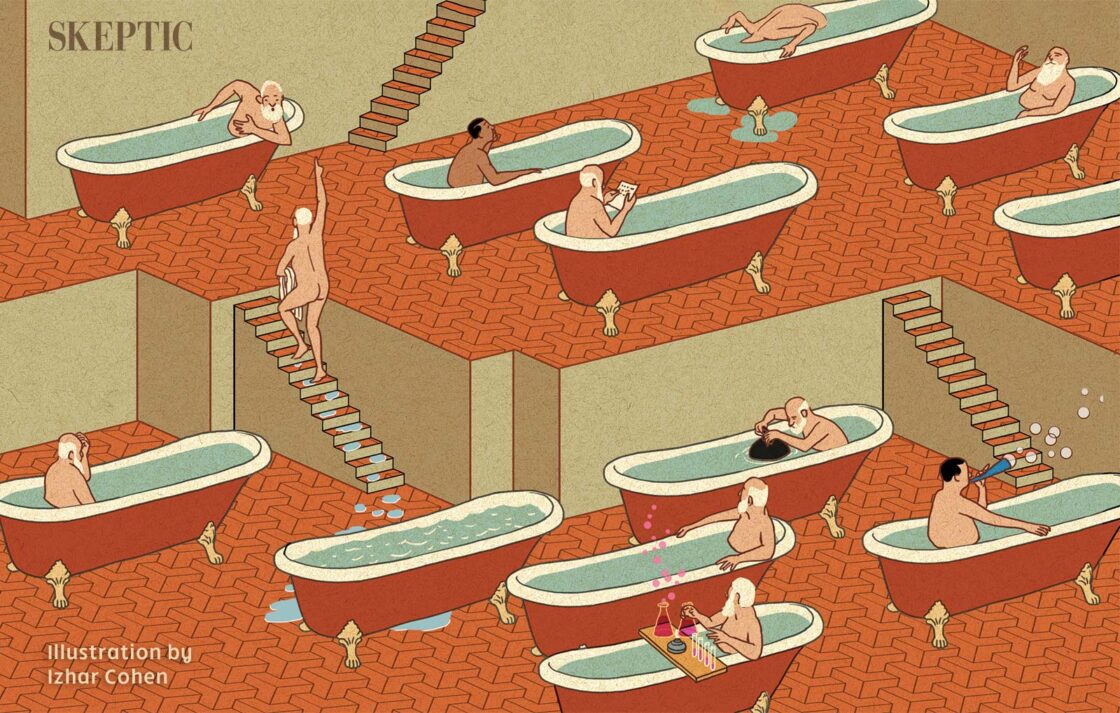
Consumers of scientific information should be skeptical of an apparent scientific consensus. Consider: How politicized is this topic? What are the career incentives for the scientists? How easy would it be for scientists to selectively report only the favorable results? Would a study have been published if it had found the opposite result or a null result? The answers to these questions will not definitively tell us whether the scientific consensus is right or wrong, but they should help us…
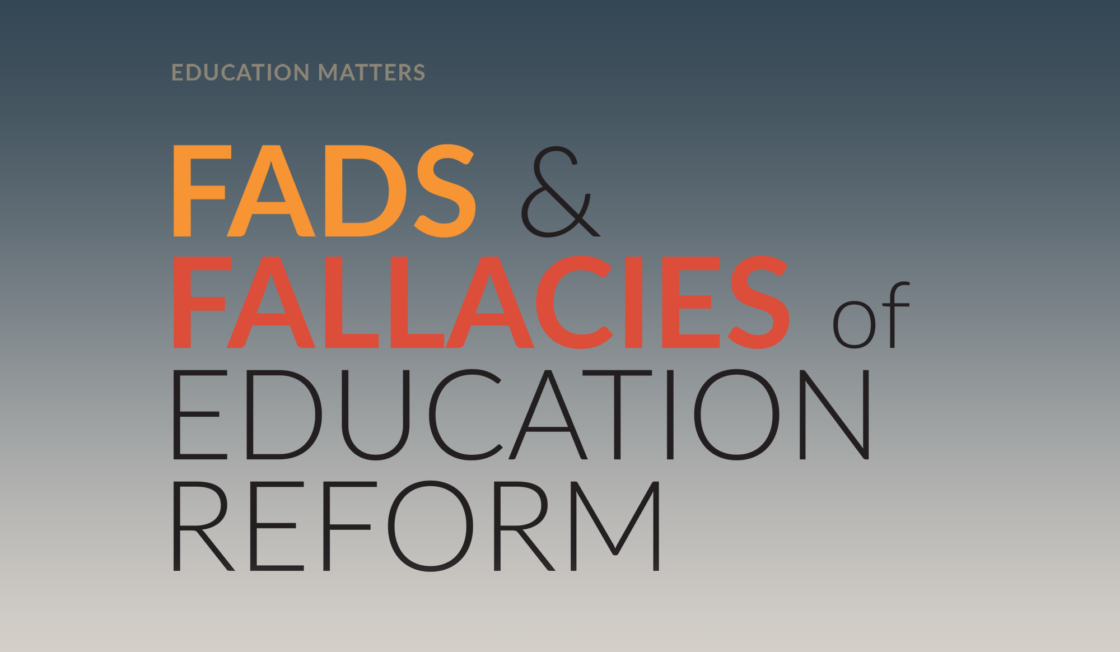
When you drive past any American school, you’ll see signs telling you to reduce your speed and declaring the area to be a “drug-free zone,” with draconian penalties for violators. While we can all agree on keeping drugs away from school children, drugs are not the only thing we keep out of schools. Unfortunately, when […]
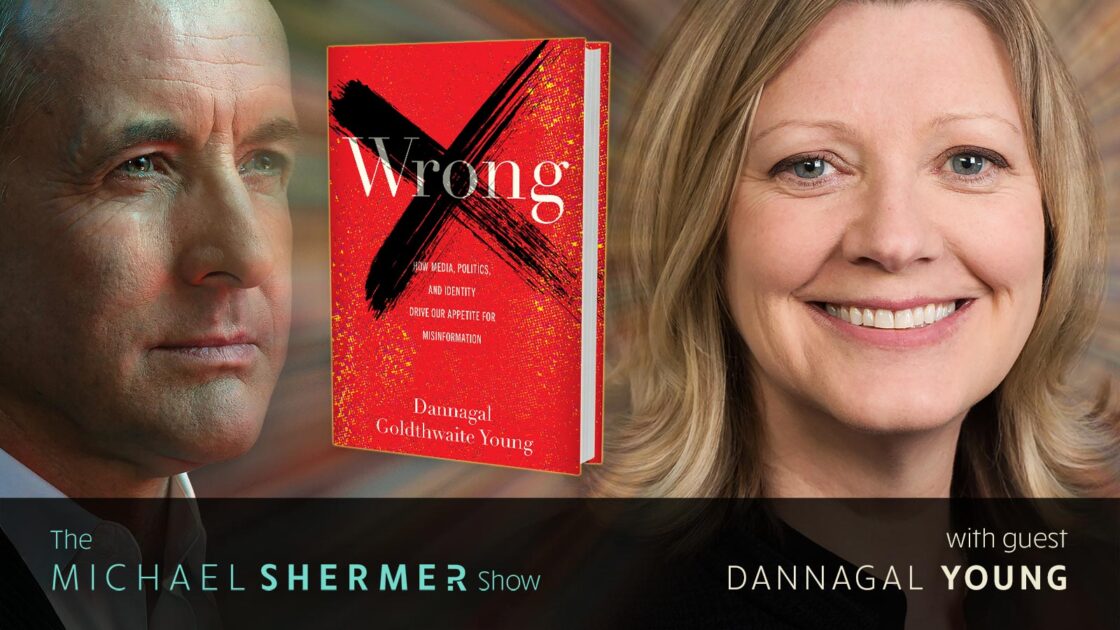
Shermer and Young discuss: how do you know if you are wrong, or that someone else is wrong • the evolution of reason: veridical perception or group identity? • the 3 “Cs” of our needs: comprehension, control, community • open-minded thinking • intellectual humility • political polarization • echo vs. identity chambers • social media • lies • disinformation • Donald Trump • democracy • science and morality • solutions to identity-driven wrongness.

Shermer, Griffin, Posner, and Gagné discuss: the nostalgic myth of “Camelot” • Lee Harvey Oswald and why he killed Kennedy • Cuba, Castro, the Bay of Pigs debacle • the CIA and why it is rational to be skeptical of their activities • the “magic bullet,” pristine or predictably damaged? • James Hosty and the FBI’s files on Oswald before he killed JFK • CIA and FBI coverups • General Edwin Walker • Jack Ruby • Bernard Weissman, • common…

Media coverage often claims scholastic admissions tests (e.g., SAT, GRE) are inaccurate, inequitable, and ineffective because: (1) any racial/ethnic differences are caused by test bias; (2) tests don’t predict anything important; (3) tests merely reflect wealth not acquired skills or academic potential; so (4) admissions would be fairer without them. This article presents mainstream scientific evidence that each claim is false. Since admission test scores are the most resistant to bias, getting rid of them would make admissions less fair.
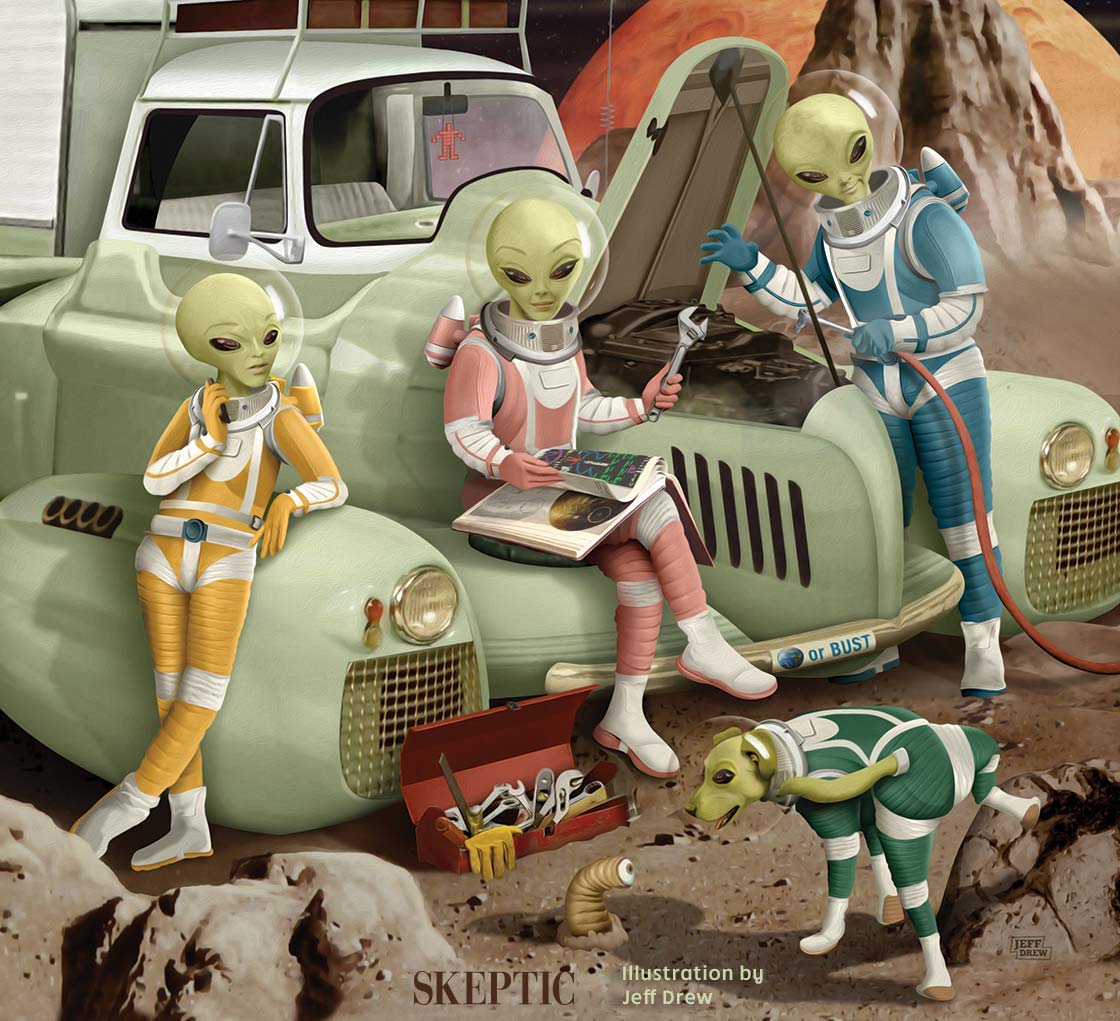
Despite much ballyhoo in the media, all efforts thus far have failed to provide substantive evidence that might link the appearance of UFOs, now called UAPs (unidentified aerial phenomena), with aliens from other planets. This failure results from limitations imposed by both biology and distance. As Morton Tavel explains, when these factors are combined, they render any such contacts virtually impossible.

Alternative archaeologist Graham Hancock has for 40 years been writing bestselling books about the possibility of a lost ancient civilization that existed long before the Egyptians, Hittites, and Babylonians, and now he hosts a wildly popular Netflix documentary series called Ancient Apocalypse in which he presents his theories about what destroyed this lost civilization, which he suggests is described in the legend and myth of Atlantis, in stunning cinematographic beauty. But is it true? In this analysis of the documentary…

Who are the “magicians of the gods,” in Graham Hancock’s alternative history series Ancient Apocalype on Netflix, and where did they come from? Professor of geology, Marc Defant, applies critical thinking to Hancock’s historical and literary research to identify the erroneous conclusions in both his series and in his many books, which have been highly influential in presenting Hancock’s alternative theory of history to those less prepared to evaluate the evidence (or lack thereof).
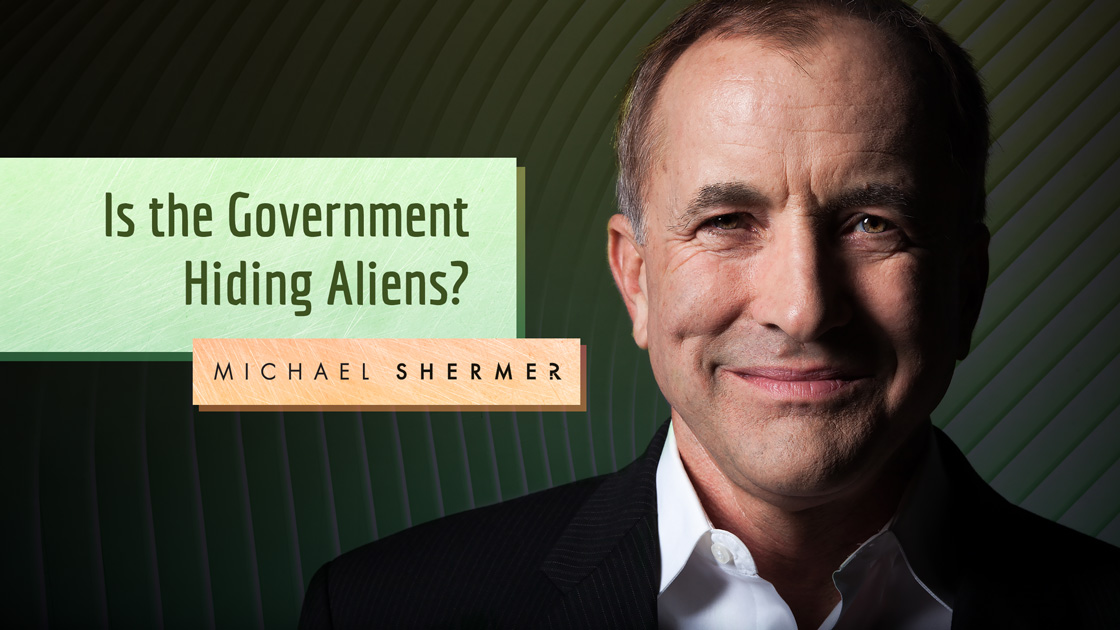
Is the Government Hiding Aliens? A commentary on the latest UAP/UFO story about the whistleblower and the government UFO retrieval program. In this special episode of The Michael Shermer Show, Dr. Shermer addresses the latest claims by a whistleblower that the U.S. government and its allies has spacecraft that are “off-world,” meaning extraterrestrial in nature.
A major theme running throughout Ancient Apocalypse is Graham Hancock‘s persecution complex. Archaeologists are picking on him, he says, because “I am trying to overthrow the paradigm of history.” Hancock fails to understand that “just asking questions” is unlikely to create a scientific revolution. Especially when he appeals to a hypothetical comet catastrophe that violates the laws of physics, contradicts astronomical data, ignores the geological record, and defies logic. When scientists ask to see data, it’s not persecution. It’s science.

In this review of investigative journalist Kelly Weill’s important book on the flat Earth movement, the people involved, and their psychology, readers will discover that the flat Earth movement contains a great diversity of beliefs. As an example, an obvious question is why don’t we find an edge? Well, some say, there is an edge—it’s the Antarctic which forms an ice wall around the flat Earth to keep the oceans from spilling over the edge. But regular people can’t go…

Dr. Harriet Hall shows how the failure to read medical and health literature carefully and critically leads to a number of cognitive problems, such as correlation is not causation, and personal anecdotes and testimonials don’t count as evidence. We will miss Dr. Hall’s wisdom and encourage readers to visit her website to read her many writings over the years on medical, health, diet, and related topics.
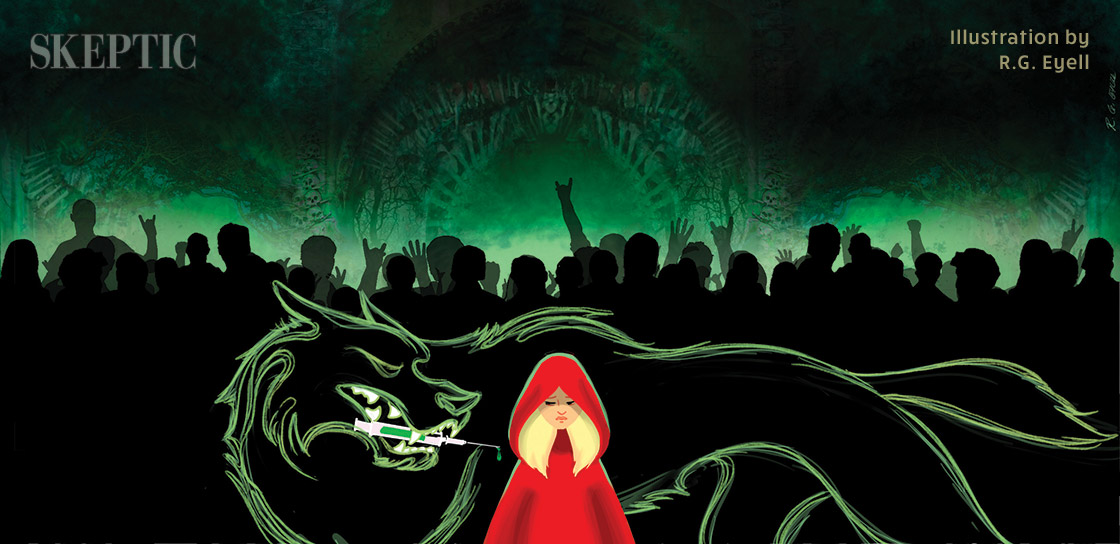
Mass hysterias, moral panics, and social contagions are known social psychological phenomena that can cause large numbers of people to believe things are happening to them that upon closer inspection become literally unbelievable. In this insightful analysis the authors—experts on the subject—show how the sudden spike in needle attacks is very likely one of these ephemeral phenomena.

Holy relics like the Ark of the Covenant, Moses’s Ten Commandment stone tablets, the Holy Grail, the chalice from which Jesus drank at the Last Supper, The Spear of Destiny, and the like, are the stuff of myth, legend, Hollywood movies, and even Nazi villains, but what is the real story behind the myths? In this insightful analysis Skeptic magazine religion editor Tim Callahan reveals what we know and don’t know about these legendary icons.
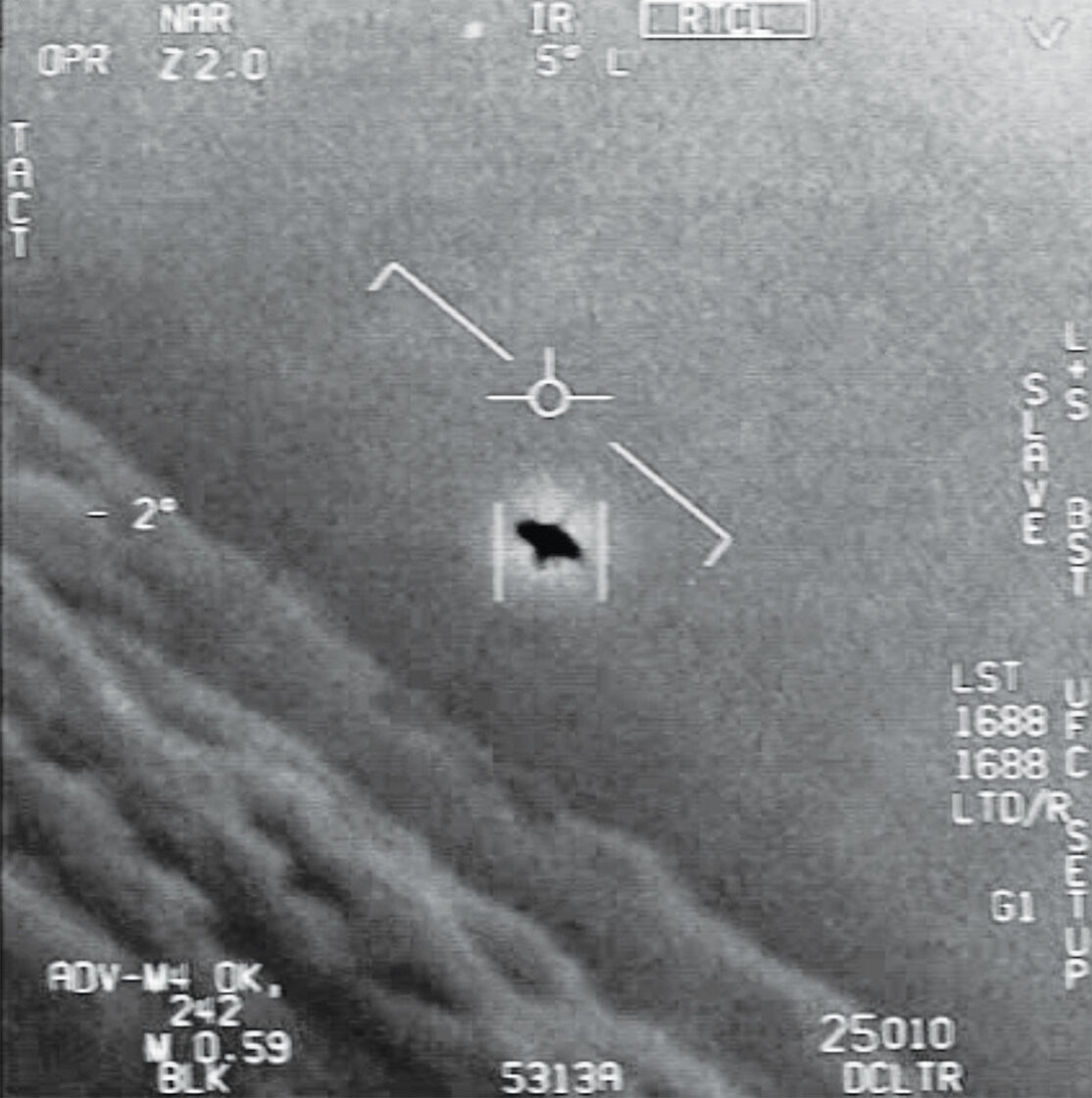
In recent years the UFO phenomena has reached a new fever pitch over a handful of grainy videos and blurry photographs under the rubric of UAP, or Unidentified Aerial Phenomena. What are those objects in the videos and photographs? Alien spacecraft? Russian or Chinese spy drones? In this masterclass in analytical reasoning based on what little there is to assess, Mick West argues that the most famous of the UAPs, the Gimbal video, is most likely an artifact of the…
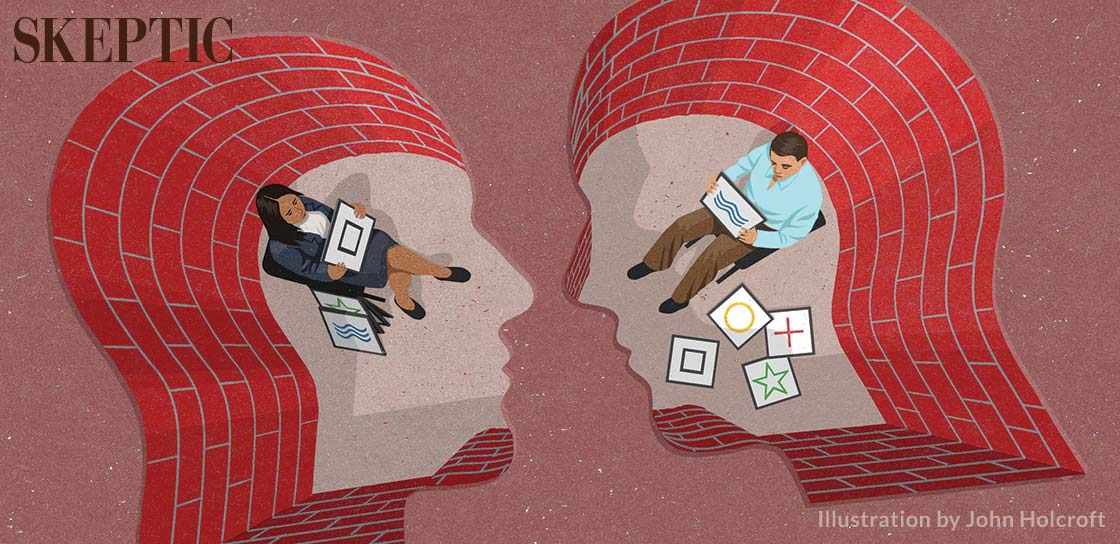
A three-part debate between Steven Pinker and Brian D. Josephson, initiated from a private email exchange in which Josephson challenged Pinker’s claims in a BBC radio program that there is no rational reason to believe in ESP. Here, Pinker first makes his case, followed by Josephson’s critique, and then Pinker’s response to that critique. As is our custom, we prefer to steel-man a position someone else holds, especially with a controversial subject like ESP, but better still is to have…
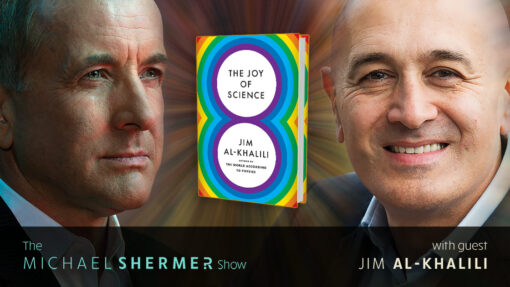
Michael Shermer speaks with quantum physicist, Jim Al-Khalili, who reveals how 8 lessons from the heart of science can help us all get the most out of our lives.
Mark W. Moffett remind us that breakthroughs in science often come about by exploring points of similarity between things that are normally seen as very different. PLUS: Michael Shermer speaks with quantum physicist, Jim Al-Khalili, who reveals how 8 lessons from the heart of science can help us all get the most out of our lives. PLUS: In SRC Report PCIS-005, we take a look at Conspiracy Theory Endorsement by Generation.
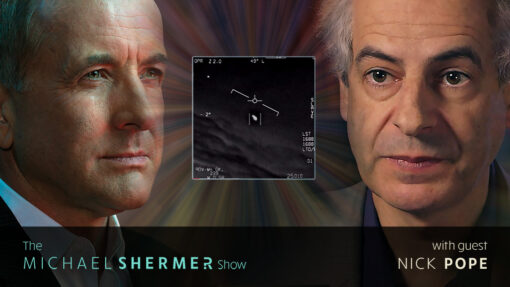
Author, journalist and TV personality Nick Pope ran the British government’s UFO program for the Ministry of Defense, leading the media to call him the real Fox Mulder. He’s recognized as one of the world’s leading experts on UFOs, the unexplained, and conspiracy theories. Nick is the media’s go-to person for UFOs.
NEXT →


























